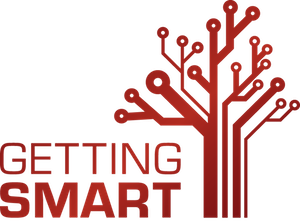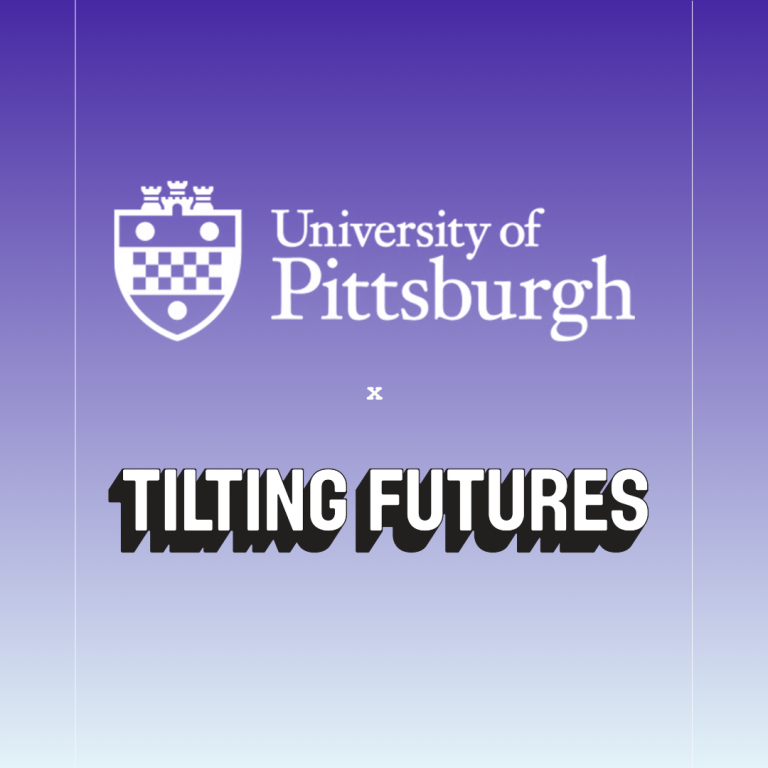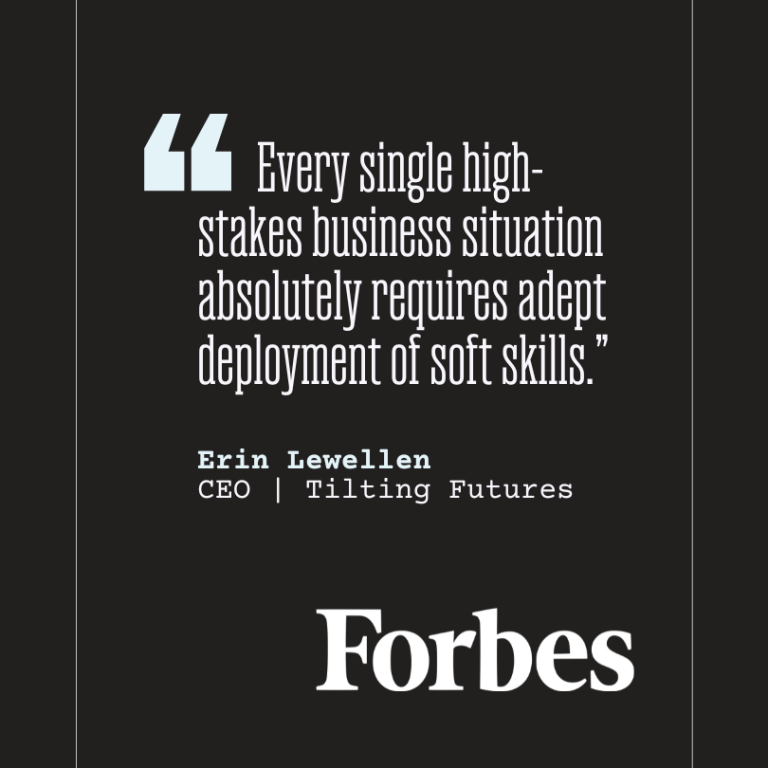Educating for Global Competence: 6 Reasons, 7 Competencies, 8 Strategies, 9 Innovations
Everything is global–trade and economics, media and information. Young people are more likely than ever to interact with people from different cultures while at home and on the road. As we become more connected, more interdependent, how do we prepare young people for the world they will inherit? We see six reasons, seven competencies, eight strategies and nine innovations.
8 Strategies That Promote Global Competence
1. Support world language fluency: Developing fluency in at at least one other language is valuable and an integral part of developing global competence. (See What’s Next in Language Learning and Dual Language Education for Equity & Economic Development.)
2. Take a big view. Incorporate a global view every day in every subject. Take a big view of history. Use resources like Big History Project to spur interdisciplinary studies.
The California Department of Education hosted a summit last year that resulted in comprehensive recommendations for integrating global experiences into the curriculum and culture of California schools.
3. Demonstrate intercultural competence. Intercultural competence, “the ability to develop targeted knowledge, skills and attitudes that lead to visible behavior and communication that are both effective and appropriate in intercultural interactions” (from Deardorff), is especially important as students increasingly in schools and in the world interact with multiple cultures at any one given time.
4. Diversity. Schools that serve diverse populations have a gift that can be used and explored to build global competence. More homogeneous schools can create pen pal connections and school partnerships to promote intercultural connections and unpack their own cultural backgrounds, beliefs and norms.
5. Support travel. Travel introduces students to other cultures and builds wayfinding (adaptive problem solving) skills. Global Citizen Year is one example of a provider that facilitates global place-based ed experiences for students. (Listen to Tony Klein at University Academy and Seth Andrew founder of Democracy Prep describe why travel is so important for youth from low resource communities)
6. Make room for projects. “PBL is the how for addressing global readiness,” said Andrew Miller, Buck Institute for Education faculty and Instructional Coach at Shanghai American School.
7. Global to Local. We see 32 important issues that students need to be investigating throughout their academic careers. They include ending hunger and poverty, clean water and sanitation, taking climate action, building smart cities and exploring space. They are global issue but nearly all can be explored locally. What does poverty look like in my town? How can I reduce hunger where I live? Does my solution have merit for impoverished communities around the world?
Let students lead: How local investigations drive democratic and global learning explains how local investigations provide students connections to bigger issues and drive community engagement and engaging real-world projects.
8. City as classroom. “Make the city the text,” says Larry Rosenstock, founder of High Tech High in San Diego. We call it place-based education–immersive learning experience that place students in local heritage, cultures, landscapes, opportunities and experiences.
Read more at www.GettingSmart.com



